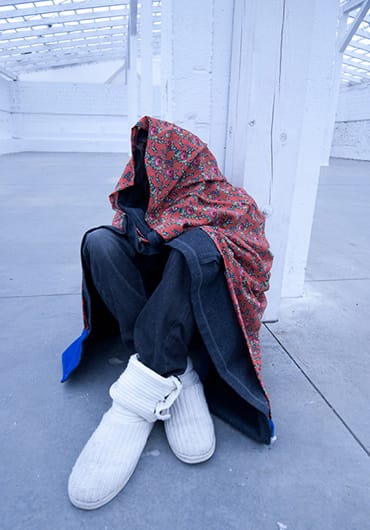Ethics in the fashion industry, professionally called CSR–Corporate Social Responsibility, is a new and increasingly popular trend.
This book, dedicated to the CSR concept, was the first in Poland to create a space for discussion about responsible fashion and sustainable textile consumption. It became a bestseller, and so far the only publication of its kind in the country.
In the first chapter “Ethics in fashion” the author investigates the sources of modern consumerism and links it back to the XVII century humanism.
The author analyzes some economic phenomena of the globalized economy, such as shipping and cocooning and their general impact on the economy.
The concept of Corporate Social Responsibility is presented by dr. Płonka, to both professionals and ordinary consumers looking for information on sustainable fashion, as a proposal to solve contemporary ethical problems in the clothing industry.
The next part of the book deals with work ethics and human rights. The reader learns about the real status of workers’ rights in the textile-producing factories and their frequent violations by global brands and their subcontractors.
The book reveals that occupational health and safety procedures are often a foreign concept to them, which causes regular abuse and tragedy – from unpaid overtime, through the persecution of activists, to catastrophic fires in workplaces.
A separate paragraph is dedicated to the Mexican maquiladoras, specially designated economic zones along the US border that have negatively changed local communities livelihood.
In conclusion, we learn about the meaning of workers’ solidarity against exploitation, i.e., trade unions activities.
Chapter three focuses on the correlation between fashion and ecology. The first part is a critical view on the cotton production, which is criticized as being extremely harmful to the environment. Issues discussed include water usage, carbon footprint, and the impact of the used chemicals on the consumers health. The second part deals with alternatives to conventional production methods, such as organic cotton and local production.
We take a closer look at the innovative topic of ecological factories, which although they require more financial efforts, bring long-term benefits for its owners and the environment.
In the following section of the book, dr Płonka describes the most controversial issue in terms of ethics in fashion, namely the use of animals in the garment industry. Here we unveil the shameful secrets of the wool, fur and exotic leather production, and its impact on the natural environment. We discover the stylish and ecological alternatives to clothing made of animal skins, as well as how to counteract the animal abuse from the legal side.
The author does not hide that its goal is not a harsh description, but a promotion of positive and ethical attitudes in the clothing industry. The reader will find here not only facts, but also personal comments on the present-day situation in the fashion industry, supported by the researcher’s broad professional experience.
Therefore, the last chapter is an attempt of finding an answer to the question about actions that can be taken in order to change the current situation. Among the suggestions presented, we find that certificates play a vital role, as well as educating the younger generations, including fashion designers.
A separate fragment introduces the concept of greenwashing, i.e. “Green marketing”, as the key to understanding and distinguishing a real CSR strategy from ordinary advertising, which uses pro-ethical and pro-ecological slogans.
All the research is supported by thoroughly documented statistics and reports from respected organizations and international institutions. The descriptions are supplemented by tables, graphs and photographs, which allow us to better visualize the discussed issues.


